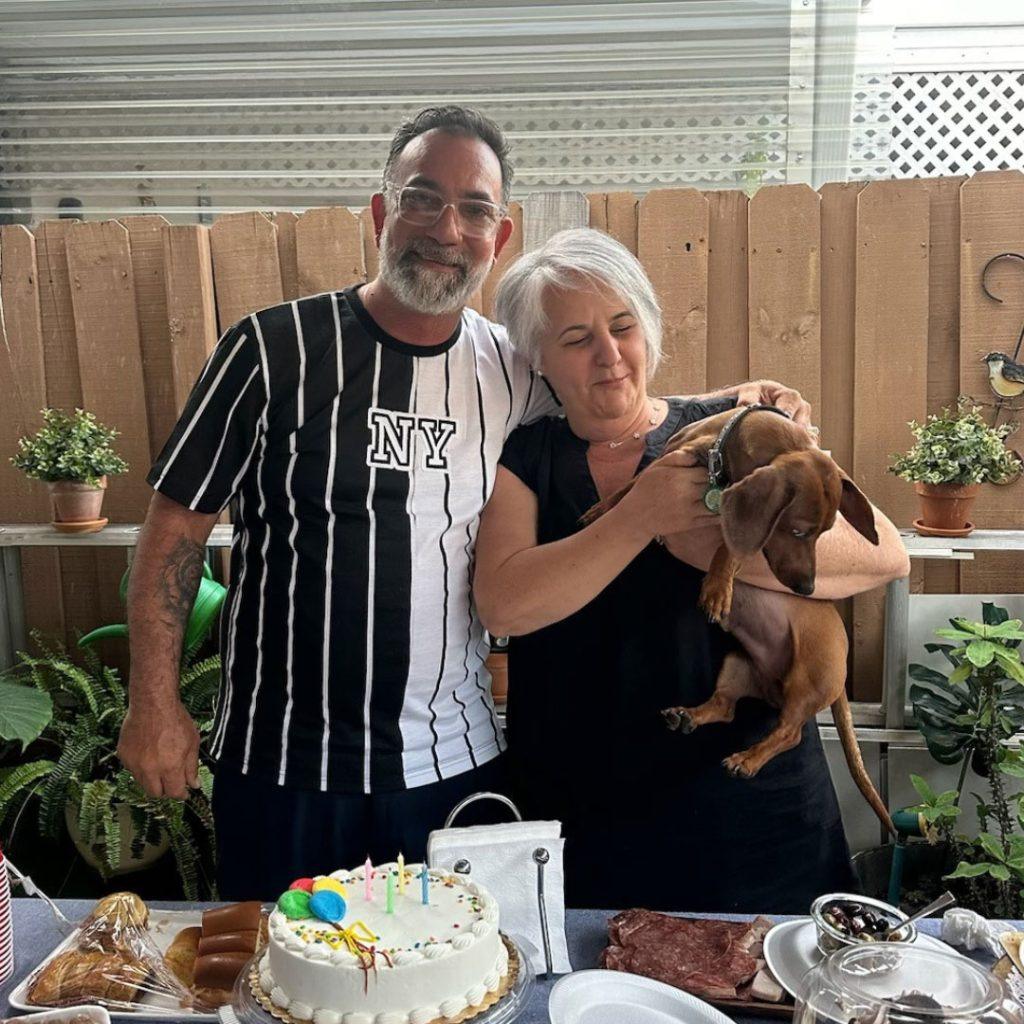Thanks to advanced screening and minimally-invasive technology, kidney cancer patients today can undergo life-saving procedures with significantly improved outcomes. Take Cuban native William Pato, an air conditioning technician residing in Hialeah Gardens. Given the physically demanding nature of his job, he often finds himself in and out of hospitals. One day, William fell off a roof while working on an air conditioning unit and was rushed to Mount Sinai’s emergency center in Hialeah. During his visit, a CT scan revealed that he had Stage 1 kidney cancer.
Having no prior family history of any type of cancer, and being in general good health (with the exception of mild hypertension), William was stunned by the diagnosis. Fortunately, the tumor in his right kidney was detected early, and he was referred to Dr. Leonardo Borregales, a urologic oncologist at Mount Sinai Medical Center. Dr. Borregales was quick to operate on William since the tumor had not metastasized. This swift treatment ultimately rendered William cancer-free. While the outcome was favorable, the procedure did present with complications.
“He had a renal mass that was quite complex given its proximity to the left renal vein and entry into the collecting system [the part of the kidney that influences the body’s electrolyte and fluid balance],” Dr. Borregales explains. “Fortunately, we were able to preserve his kidney and only remove the tumor by precisely dissecting the renal hilum—where the blood supply of the kidney is—and avoiding these vessels while resecting the mass.”
In line with Mount Sinai’s commitment to utilizing cutting-edge technologies, Dr. Borregales employed the da Vinci Xi robot by Intuitive, a company dedicated to pioneering robotic-assisted surgical systems. This minimally-invasive robot, combined with an intraoperative ultrasound, enabled Dr. Borregales and his team to accurately assess the tumor’s extent and select resection margins precisely. Consequently, they successfully removed the entire tumor while preserving 80% of William’s kidney. While this procedure used to be rare, today surgeons can preserve most of the kidney when performing partial nephrectomies.
Following a four-hour surgery, William experienced no postoperative complications and was discharged the next day. In follow up examinations, Williams tests revealed no evidence of the disease and his renal parenchyma (the part of the kidney that produces urine and filters the blood passing through) remained well preserved. William’s postoperative routine required only a month of rest and avoiding heavy work, along with adhering to a strict diet with reduced condiment intake and increased water consumption. He has since returned to work feeling healthier and stronger.
Reflecting on his experience, William expressed gratitude for Dr. Borregales’ unwavering support throughout his journey. “Since the beginning, the person who has been at my side, apart from the nurses and medical technicians, it had always been him,” he said. “I was very lucky.”
William also praised Mount Sinai’s exceptional care, likening his experience to being at home. “When I go see Dr. Borregales, I feel like he’s my family member,” he added. “Mount Sinai at Miami Beach and Hialeah are excellent, I have no complaints.”
William’s case highlights the importance of regular screenings, maintaining a healthy diet, and being vigilant about any unusual symptoms.
For more information about our urology department, please visit www.msmc.com/urology/.



